The NFC Project – Help Document US Kratom (Free NFC)
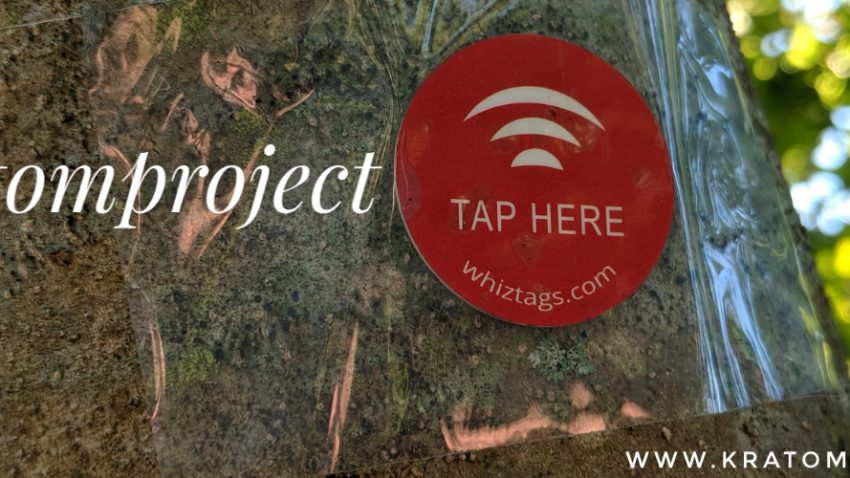
The NFC Project – Help Document US Kratom (Free NFC)
The NFC Project – Our goal is to merge tech with kratom to document every single aspect of these amazing trees. We are happy to announce our kratom documentation program the “NFC Project”. This projects is a step forward in kratom documentation.
On Kratom Watchdog we are working to document our kratom nursery. We upload every single interaction from our staff has with our American kratom nursery. Tracking how much & how often we water or fertilize. Our system then records up to the minute weather conditions using weather API’s. When working with the nursery, staff will also take photos or video with the plants. Collected information is uploaded to the corresponding trees specific profile page on the Kratom Watchdog app.
If you would like to apply to be a part in this project you can here. Or you can contact us here.
Processing Unrooted Kratom Cuttings
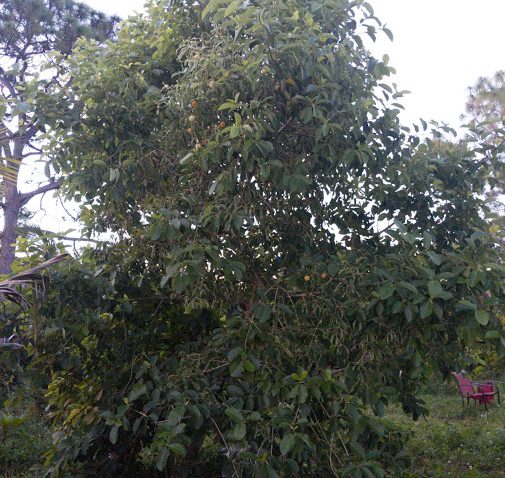
Processing Unrooted Kratom Cuttings
Processing Unrooted Kratom Cuttings- Here is a video showing our team processing some new kratom cuttings.
Drone footage of kratom nursery INCOMING!
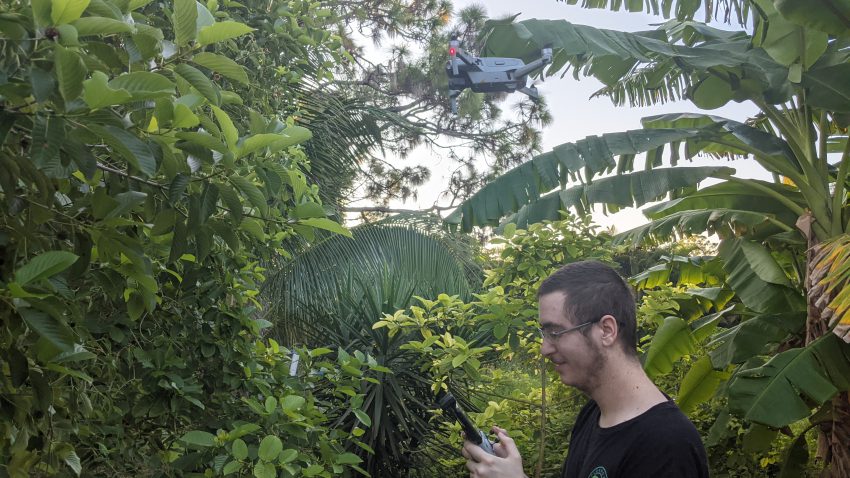
Join us on the only free and open discussion #kratomapp #Kratom Watchdog. Built by one of the founders of the non for profit American Kratom Association (AKA). https://kratomapp.us
Shipping Kratom leaf in the mail! 150 fresh USA Grown
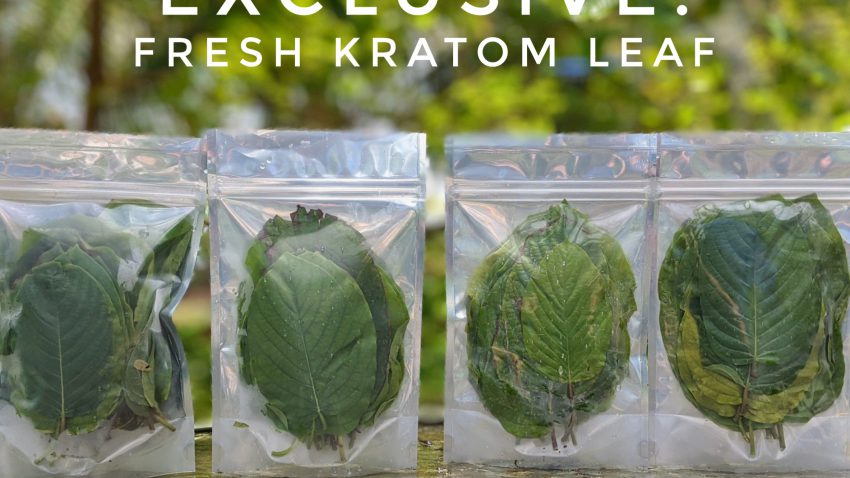
Shipping Kratom leaf in the mail! 150 fresh USA Grown
Shipping Kratom leaf in the mail! 150 fresh USA Grown – This video has been a process in the making. We are a nursery based in the
United States. I get asked quite frequently if kratom leaf is safe and possible to ship via the mail. A part 2 is currently in the works and should be out in the next couple of weeks so keep a eye on our channel for the conclusion. In the mean time, make sure to ask good questions and link your friends.
What do you think will end up being the best way to ship fresh kratom leaf in the mail?
1. Each leaf has a individual paper towel in between each leaf.
2. A bundle of fresh leaves but wrapped in paper towels
3. A bundle of fresh leaves with a silica packet
4. Fresh Leaf with no paper towel with a silica packet
5. Fresh leaf by itself with no paper towels or silica packets.
Cross Post
Kratom Watchdog Android & IOS

Kratom Watchdog Android & IOS
Have you heard of the Kratom Watchdog app? Kratom Watchdog is a kratom social network built from the ground up by one of the founding member of the non-profit American Kratom Association (AKA). A booming social community with a focus on kratom advocacy. Kratom Watchdog is the oldest kratom social media platform online. With over 400 videos and over 200,000 photo’s from our own kratom Nursery. And 7,000 members we have a very strong growers community that are always willing to help. Kratom Watchdog is available on Android, IOS, and at kratomwatchdog.com. We are a small self funded development studio. If you would like to donate to the development of the platform we would appreciate it. Thank you for your continued support.
![]()
![]()
Where does the money from your order go to?
We are a small self funded American Kratom nursery. Our team does not take payment for our work. Everything we make goes back into the nursery, Documenting kratom, Our kratom social media platform Kratom Watchdog, Our kratom avatar chat Kynto, and our other kratom advocacy projects.’
Inspecting Kratom Seed Pods off a Kratom Tree
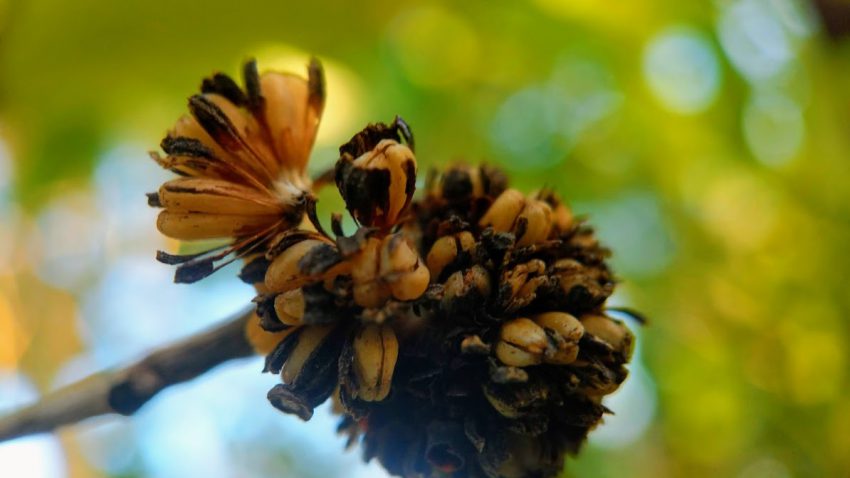
Inspecting Kratom Seed Pods off a Kratom Tree
Inspecting Kratom Seed Pods off a Kratom Tree – Fresh and ripe Kratom seed are grown for 6 – 10 year old Organic American grown Kratom trees. The growers have acclimated the trees to the gulf region. Growing instructions, and support are included for those in all environments. Below is a link to our American Kratom seed pod dissection. Youtube
How do you collect Kratom Seed Pods?
Inspecting and Removing Mature Kratom Seed Pods off a Kratom Tree – Kratrom trees take years to mature. Because of this they can be quite tall making them hard to reach. A single kratom tree can grow to over two hundred foot tall. Our dedicated team have had to make choices on the most efficient and effective way to bring them down. A big factor that plays out over time is how we grow the trees. If we top our taller trees they will start to bush out more near the bottom. However some of our trees are too tall to reach with a ladder. We have built a Kratom Seed Pod collector for this purpose.
Kratom Seed Pod Fertilization
Kratom seed pods from the nursery are confirmed to have at least 60% fertilization. One can assess this by the projections (pods) erupting from the circular flower bulb. These continue to grow until they are mature. Once kratom seed pods are ready to release seed, the kratom seed pod husk bursts open. Kratom seed are quite small and light. The seed will blow all over out of the kratom trees.
Inspecting and Removing Mature Kratom Seed Pods off a Kratom Tree – Bees and other insects are attracted to the pungent sweet smell of the kratom seed pods as they develop on the kratom trees. For that reason bees rub themselves on the stems of the exposed seed pods as they travel around the seed pod collecting the pollen in their fur as they go. While they travel from kratom tree to kratom tree the collected pollen rubs off onto the other seed pods that the bees land on. As a result this fertilizes the kratom seed pods.
On the other hand, each seed pods is to hand fertilize by staff. As well, a staff member will climb up on the ladder and grab what ever seed pods are close and rub them against each other. Turning them and spinning them in our hands to get the maximum effect. This ensures the viability of the seed pod.
Organic American Kratom Leaf is available here for purchase.
How to tell a fertile seed pod?
Inspecting and Removing Mature Kratom Seed Pods off a Kratom Tree – Each Kratom seed pods also have very distinct difference between a fertile seed pod and a inftertile pod. Fertile kratom seed pods will be plump in contrast to infertile pod that are smooth and round. For that reason, make sure to be careful if you want a full pod to stay intact as they break apart from the center very easily. Most notably, this video shows every stage of a kratom seed pod.
Lastly, a infertile kratom seed pods are completely round and are very very tiny. They will almost look like a honeycomb in a ball. Infertile kratom seed pods are very soft and will roll around in the hand. In contrast, there is not much that can be done with these pods. Here is a short video to show you what they look like.
Organic American Kratom Leaf is available here for purchase.
How to sprout Kratom Seed Pod! And answering commonly asked questions!
If this is your first time growing from kratom seed our team recommends you spend a few minuets to watch this educational video. These seed pods were planted in March 2019 – June 2019 kept outdoors in very hot and humid conditions while being covered in clear plastic wrap.
Kratom Watchdog Android & IOS

Kratom Watchdog Android & IOS
Have you heard of the Kratom Watchdog app? Kratom Watchdog is a kratom social network built from the ground up by one of the founding member of the non-profit American Kratom Association (AKA). A booming social community with a focus on kratom advocacy. Kratom Watchdog is the oldest kratom social media platform online. With over 400 videos and over 200,000 photo’s from our own kratom Nursery. And 7,000 members we have a very strong growers community that are always willing to help. Kratom Watchdog is available on Android, IOS, and at kratomwatchdog.com. We are a small self funded development studio. If you would like to donate to the development of the platform we would appreciate it. Thank you for your continued support.
![]()
![]()
3D Drone Mapping American Kratom Nursery’s
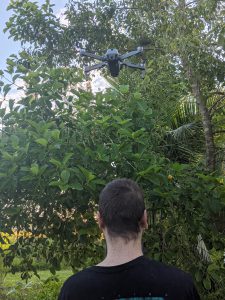
Taking to the sky! Utilizing drones, we are able to document our American kratom nursery’s from a different angle. These drones are able to 3D map our kratom nursery using a technology called LIDAR. Applying these 3D models into our Kratom Avatar Chat Kynto. Our goal is to map out our entire nursery and insert the nursery into the world for users to interact with these trees. Allowing them to take guided or self guided tours. The cool part, is that we can then translate that information into virtual reality (VR). Available on the PlayStation VR, Oculus Platforms, and Google Cardboard.
We will be opening up our tools and software to allow other nurseries and growers to map out their kratom nursery. Interested in having us out to document your nursery? Contact us here or contact us on the Kratom Watchdog app.
Psychotria viridis Documentation – A quick overview of this magic plant
Psychotria viridis Documentation
A quick overview of this magic plant
Psychotria viridis is a perennial shrub of the Rubiaceae family. In the Quechua languages it is called chacruna or chacrona. In Quechua, chaqruy is a verb meaning “to mix”.
P. viridis is a close relative of Psychotria carthagenensis (a.k.a. samiruka or amiruca) of Ecuador. The leaves differ by P. viridis having leaf edges that extend all the way to the base of the leaf stem.[2]
In Ecuador, the name chacruna refers to Diplopterys cabrerana
P. viridis grows to a height of approximately 5 m (16 ft). Its branches span a diameter of about 2 m (6 ft 7 in)[3][unreliable source?]
Stems[edit]
In the middle and lower parts of the stem, situated between the insertion points of the two opposite leaves there is a horizontal scar 0.3–1 mm (0.012–0.039 in) wide that extends between the leaves (or leaf scars) and sometimes also connects over the tops of these scars, and along the top side of this scar there is a dense, usually furry line of fine trichomes (i.e., plant hairs) usually 0.5–1 mm (0.020–0.039 in) long that are reddish brown when dried. This combination of features is diagnostic for many species in the genus Psychotria, though not for any individual species. These features distinguish Psychotria L. Subg. Psychotria; other subgenera of Psychotria lack the well developed reddish brown trichomes inserted above the stipule scars. On the upper stems of P. viridis these features are obscured by a stipule (see below), which covers the trichomes; the scar actually marks the point where this structure has fallen off.
These are leafy structures that cover and protect the young developing leaves, then fall off, leaving scars on the stem. The stipules are produced in pairs, and their form is distinctive for P. viridis. They are 5–25 mm (0.20–0.98 in) by 4–12 mm (0.16–0.47 in), elliptic in outline, sharply angled at the apex, papery to membranaceous in texture, ciliate (i.e., fringed) along the upper margins, and longitudinally flanged or winged along the middle. However, stipule shape and size is quite variable among different plants, and also depends on the stipule’s developmental stage and other factors such as whether the stem that produced it is reproductive or vegetative.
Leaves[edit]
Leaves are opposite in arrangement (i.e., produced in pairs along the stems), generally 5–15 cm (2.0–5.9 in) by 2–6 cm (0.79–2.36 in), in outline generally elliptic or often widest above the middle, usually sharply angled at base and apex, papery in texture, overall smooth or infrequently with microscopic plant hairs on the lower surface, have 5–10 pairs of secondary veins, and on the lower surface usually have foveolae (see next item). The leaves are borne on petioles (i.e., leaf stalks) generally 1–10 mm (0.039–0.394 in) long. When dry, the leaves of Psychotria viridis usually are gray or reddish brown and are similar to those of a few other New World species of Psychotria.
These are small pockets found on the lower leaf surface near the junction of the secondary (i.e., side) veins with the central vein. They function as shelter for tiny invertebrates such as mites that live on the plant leaf. These mites apparently often are symbiotic with the plant, taking shelter in these structures and eating fungi and herbivorous invertebrates that can damage the leaf. The foveolae (also called domatia) are distinctive for Psychotria viridis and a few related species: They are generally 1.5–5 mm (0.059–0.197 in) long and 0.5–1 mm (0.020–0.039 in) wide at the top, conical and tapered to a closed base, open and truncate or variously ornamented at the top, and situated along the sides of the central vein with the opening usually near a secondary vein . These foveolae vary in shape among different plants, and in number on individual leaves, and may not even be present on some leaves. Most often each leaf bears at least one pair of foveolae, which may be close to the apex; the foveolae are often more numerous on leaves from vegetative stems than on those from reproductive stems.[4][unreliable source?]
Cultivation[edit]
Psychotria viridis is hardy in USDA zone 10 or higher.[5][unreliable source?]
Cultivation from cuttings is easiest.[6] A single leaf (or even part of a leaf slightly covered with soil) can be sufficient for a cutting.[6] Propagation from seed is extremely difficult. The germination rate can be as low as 1%.[6] There are approximately 50 seeds/g.[5][unreliable source?]
Indoor hydroponic cultivation of Psychotria viridis requires a light cycle. The plant will not utilize its root system as often in daylight hours. Optimal water garden pH is 5.5 to 6.10′. Parts per million (PPM) levels of nutrient solution should be around 300 to 500 PPM. Nutrient solution burning can occur at levels as low as 800 PPM.
Alkaloids[edit]
Dried P. viridis contains approximately 0.3% dimethyltryptamine (DMT).[4] Other alkaloids such as beta-carbolines and N-methyltryptamine (NMT) have been found. The alkaloid content is said to be highest in the morning.[6]
Traditional medicine[edit]
The Machiguenga people of Peru use juice from the leaves as eye drops to treat migraine headaches.[6]
Hallucinogenic[edit]
P. viridis contains the hallucinogenic—or entheogenic—indole alkaloid dimethyltryptamine (DMT) in levels varying from 0.1% to 0.61% dried mass.[7][unreliable source?] It is known primarily as an additive to the ayahuasca brew used in South and Central America. The mechanism of action is via the monoamine oxidase inhibitor (MAOI) present in Banisteriopsis caapi, which allows ayahuasca to be effective in oral doses (unlike smoking DMT crystals which requires no conditioning partner substance). This use is legal in Brazil among native tribes and followers of some syncretic religions.[citation needed]
Vegetalistas, healers in the Amazon regions of Peru, Ecuador, and Colombia, recognize different sub-varieties of Psychotria viridis, based on the location of glands on the back of the leaves.[citation needed]
American Kratom Seed Pods: Life cycle of a Kratom Seed Pod
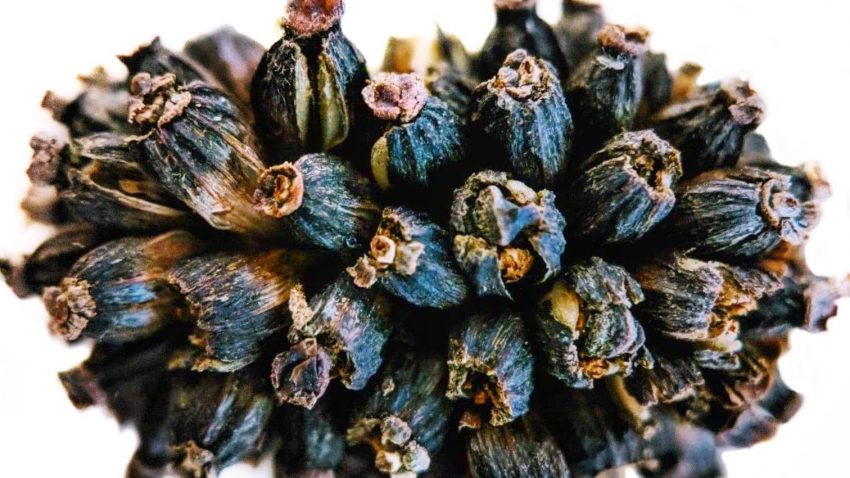
American Kratom Seed Pods: Life cycle of a Kratom Seed Pod
American Kratom Seed Pods: Life cycle of a Kratom Seed Pod
Kratom Seed Pod Documentation
Fresh ripe Kratom seed pods are taken from 6 – 11 year old kratom trees organically grown in North America. As growers, we have acclimated these magnificent kratom trees to the gulf region of the United States. Growing instructions and support are included for those in all environments. As a reference tool to show as it shows the different parts of the seed pods. Here is a link to our American kratom seed pod dissection.
How many seeds come with my order?
There are hundreds to thousands of kratom seeds per individual kratom seed pod. This is a important distinction as many new growers are confused and assume the entire pod is one seed. As a reference tool to show as it shows the different parts of kratom seed. Here is a link to our American kratom seed pod dissection.
How viable are the kratom seed pods?
Just like any other seed pod with a high number of seeds included in its pods. Kratom seed has a smaller viability rate. This is due to how the trees are grown in nature and the trees genetics. The idea is that more seed the more possible plants. Our seed pods get around 15 sprouts per 1/4 of a single seed pod at their most viable state.
How to sprout Seed Pods! And answering commonly asked questions!
If this is your first time growing from seed pods our team recommends you spend a few minuets to watch this educational video. These seed pods were planted in March 2019 – June 2019 kept outdoors in very hot and humid conditions while being covered in clear plastic wrap.
How do you collect Kratom Seed Pods?
Kratrom trees take many years to mature. Because of this they can be quite tall making them hard to reach and pick seed pods directly off a tree. A single kratom tree can grow to over two hundred feet tall. This particular tree below is 25 ft tall. It wasn’t to quick before using a ladder alone would not be enough. We then cut the seed pods directly off the tree.
Our dedicated team have had to make choices on the most efficient and effective way to bring them down. A big factor that plays out over time is how we grow the trees. If we top our taller trees they will start to bush out more near the bottom. A good portion of the seed pod development happens at the top of a tree. We have built a Kratom Seed Pod collector as a solution. This collector is built our of PVC with a comb attached to the end. The pods then fall down to our collection bin at the end of the tubing.
How are kratom seed pod fertilized?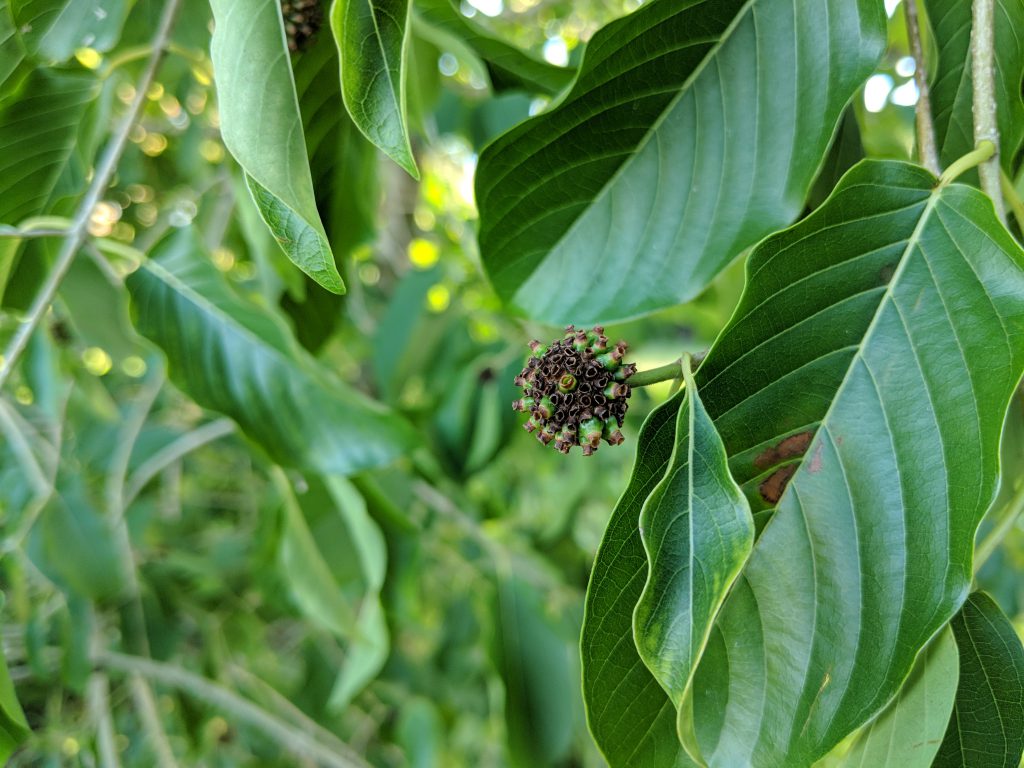
Kratom seed pods from the nursery are confirmed to have at least 60% fertilization. One can assess this by the projections (pods) erupting from the circular flower bulb. These continue to grow until they are mature. Once kratom seed pods are ready to release seed, the seed pod husk bursts open. Kratom seed are quite small and light. The seed will blow all over out of the kratom trees that start to grow once they are one the ground and the ground is moist.
Bees and other insects are attracted to the pungent sweet smell of the kratom seed pods as they develop on the kratom trees. For that reason bees rub themselves on the stems of the exposed seed pods as they travel around the seed pod collecting the pollen in their fur as they go. While they travel from kratom tree to kratom tree the collected pollen rubs off onto the other seed pods that the bees land on. As a result this fertilizes the kratom seed pods.
Are you able to hand fertilize seed pods?
On the other hand, each seed pods is to hand fertilize by staff. As well, a staff member will climb up on the ladder and grab what ever seed pods are close and rub them against each other. Turning them and spinning them in our hands to get the maximum effect. This ensures the viability of the seed pod.
Organic American Kratom Leaf is available here for purchase.
How To Tell A Fertile Kratom Seed Pod?
Each seed pod have very distinct difference between a fertile seed pod and a inftertile pod. Fertile kratom seed pods will be plump in contrast to infertile pod that are smooth and round. For that reason, make sure to be careful if you want a full pod to stay intact as they break apart from the center very easily. Most notably, this video shows every stage of a kratom seed pod.
What do infertile kratom seed pods look like?
Lastly, a infertile seed pods are completely round and are very very tiny. They will almost look like a honeycomb in a ball. Infertile kratom seed pods are very soft and will roll around in the hand. In contrast, there is not much that can be done with these pods. Here is a short video to show you what they look like.
How do I sow kratom seed pods? What soil should I use?
Thankfully, kratom do not require any particular type of soil to grow. Your average potting soil will be fine. When you go to lay your seed, crush up the seed pods in your hand. The seed will break away easily. Sprinkle the seed on your container.
Other good posts
https://kratomwatchdog.com/topic/4509/pollinators
Kratom Watchdog Android & IOS App
Kratom Watchdog Android & IOS Have you heard of the Kratom Watchdog app? Kratom Watchdog is a kratom social network built from the ground up by one of the founding member of the non-profit American Kratom Association (AKA). A booming social community with a focus on kratom advocacy. Kratom Watchdog is the oldest kratom social media platform online. With over 400 videos and over 200,000 photo’s from our own kratom Nursery. And 7,000 members we have a very strong growers community that are always willing to help. Kratom Watchdog is available on Android, IOS, and at kratomwatchdog.com. We are a […]
3D Drone Mapping American Kratom Nursery
3D Drone Mapping American Kratom Nursery’s Taking to the sky! Utilizing drones, we are able to document our American kratom nursery’s from a different angle. These drones are able to 3D map our kratom nursery using a technology called LIDAR. Applying these 3D models into our Kratom Avatar Chat Kynto. Our goal is to map out our entire nursery and insert the nursery into the world for users to interact with these trees. Allowing them to take guided or self guided tours. The cool part, is that we can then translate that information into virtual reality (VR). Available on the […]
The NFC Project – Help Document US Kratom (Free NFC)
The NFC Project – Help Document US Kratom (Free NFC) The NFC Project – Our goal is to merge tech with kratom to document every single aspect of these amazing trees. We are happy to announce our kratom documentation program the “NFC Project”. This projects is a step forward in kratom documentation. On Kratom Watchdog we are working to document our kratom nursery. We upload every single interaction from our staff has with our American kratom nursery. Tracking how much & how often we water or fertilize. Our system then records up to the minute weather conditions using weather API’s. […]

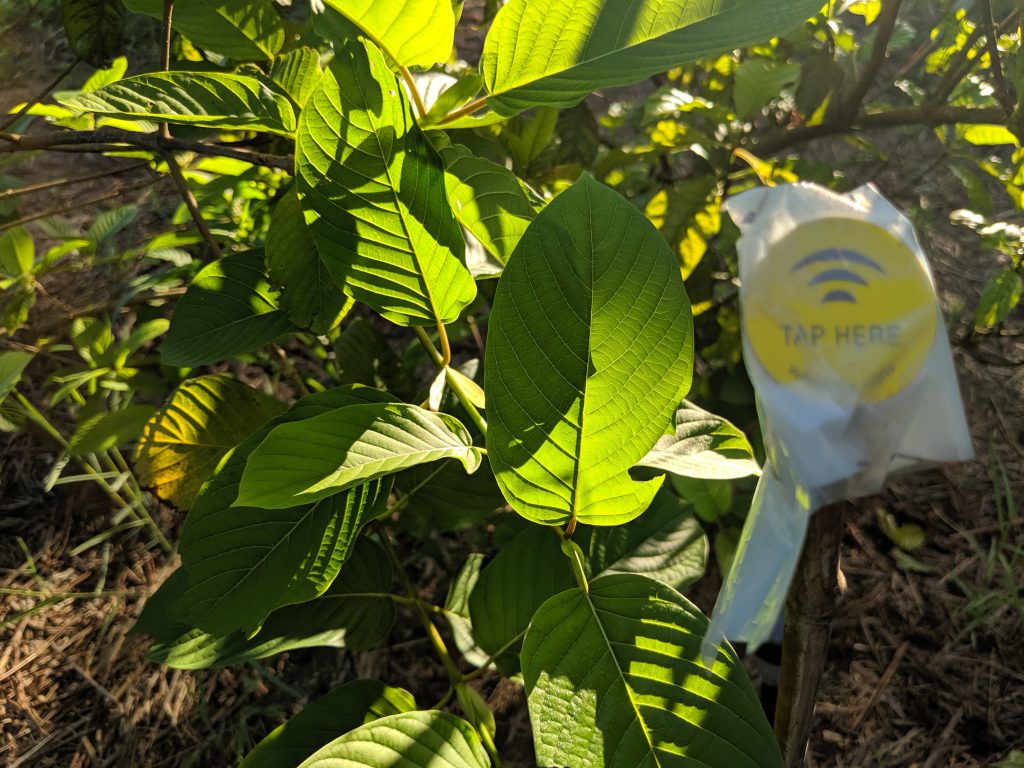
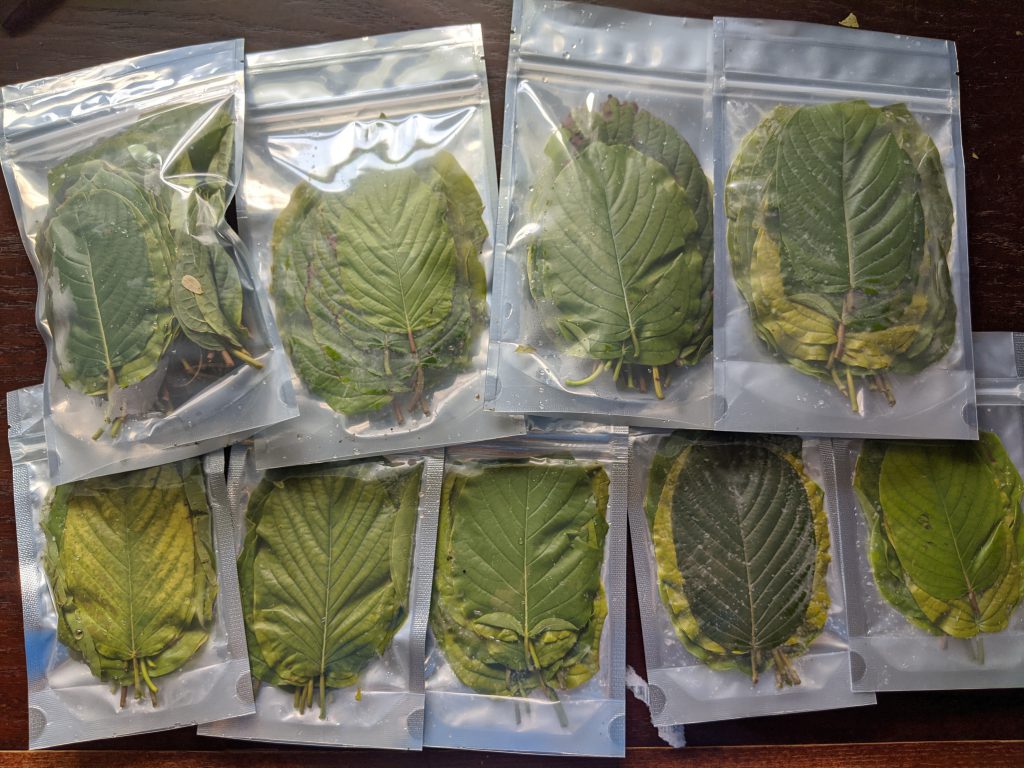
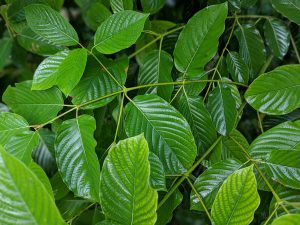
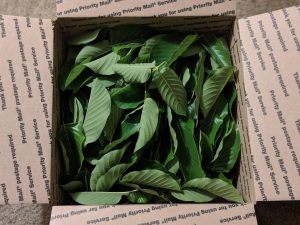
Recent Comments